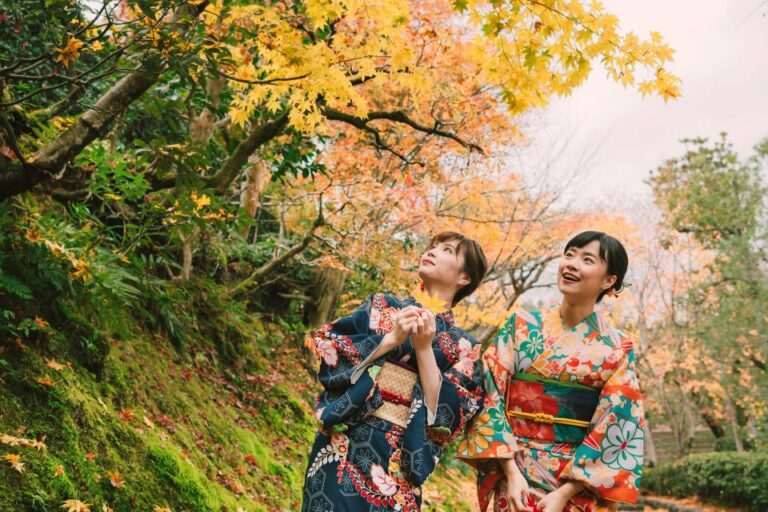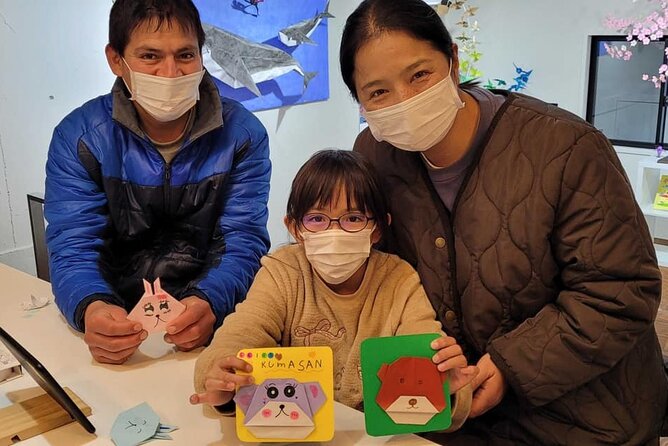Many might not realize the profound impact Buddhism has on the daily lives of its practitioners. From morning rituals to evening reflections, the way individuals embody Buddhist principles is a fascinating exploration of spiritual integration.
As the sun rises and sets, so too do the opportunities for mindfulness, compassion, and wisdom to shape each moment. How does this ancient tradition continue to resonate in the hustle and bustle of modern life?
The answers lie in the intersection of tradition and contemporary challenges, offering a path to inner peace and connection that spans across generations.
Quick Takeaways
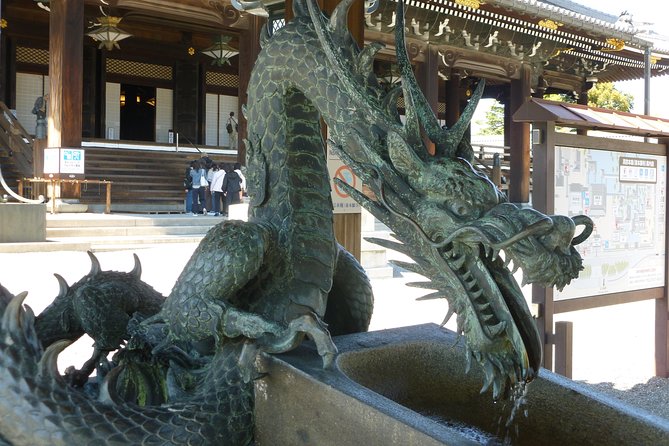
- Mindful living is central to modern Buddhism, promoting well-being.
- Integrating ancient teachings into daily life fosters balance and harmony.
- Buddhism offers tools like meditation to combat stress and anxiety.
- Values of compassion and wisdom influence contemporary society positively.
History and Origins
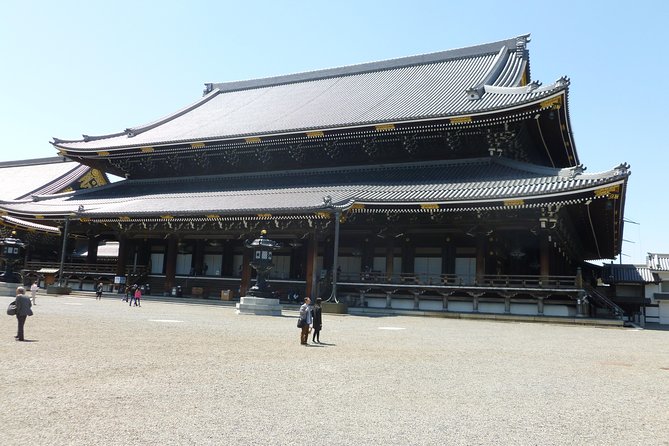
The history and origins of Buddhism trace back to ancient India, where Siddhartha Gautama, also known as the Buddha, founded this spiritual tradition around the 6th century BCE. Early influences shaped Buddhism’s inception and spread, as Siddhartha Gautama, after attaining enlightenment, began teaching his insights to others.
Over time, Buddhism underwent significant philosophical development and evolution, adapting to different cultures and regions as it spread across Asia. Various schools of thought emerged, each contributing to the rich tapestry of Buddhist philosophy. This evolution was marked by a deepening understanding of the nature of suffering, the impermanence of existence, and the path to spiritual liberation.
The early roots of Buddhism laid the foundation for its enduring legacy and global impact.
Core Beliefs and Practices
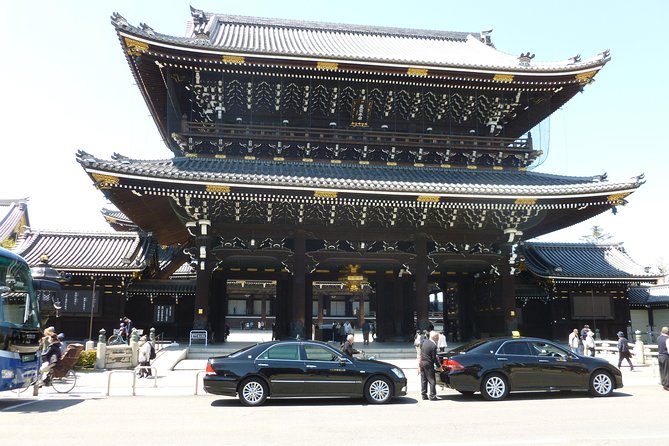
Emerging from its historical roots, Buddhism’s core beliefs and practices form the foundation of this ancient spiritual tradition, guiding adherents on a path towards enlightenment and inner peace.
Central to Buddhism are the Four Noble Truths, which address the nature of suffering and the path to liberation from it.
The concept of impermanence, known as Anicca, underscores the idea that all things are transient.
Mindfulness practices, such as meditation and self-reflection, play a vital role in cultivating awareness and insight into the true nature of existence.
The Eightfold Path outlines ethical guidelines and mental disciplines to help individuals attain enlightenment.
Buddhist Traditions and Sects
Exploring the diverse array of Buddhist traditions and sects reveals a rich tapestry of spiritual practices and beliefs. Within Buddhism, there are various sects that have developed over time, each with its unique interpretations and practices. One key aspect is the sectarian differences that exist among these traditions, ranging from Theravada, Mahayana, Vajrayana, to Zen Buddhism. These sects can differ in their philosophical views, scriptures they follow, and the emphasis they place on certain practices. Plus, ritual practices play a significant role in many Buddhist traditions, such as chanting, meditation, prostrations, and offering ceremonies. These rituals are often aimed at cultivating mindfulness, compassion, and wisdom among practitioners, helping them on their spiritual path towards enlightenment.
| Sects | Ritual Practices |
|---|---|
| Theravada | Chanting and Vipassana meditation |
| Mahayana | Bodhisattva vows and chanting sutras |
| Vajrayana | Tantric rituals and deity yoga |
Meditation Techniques and Benefits

In exploring the diverse array of Buddhist traditions and sects, one is drawn to the transformative practice of meditation, which offers a profound way to cultivate mindfulness and inner peace.
Meditation techniques bring numerous benefits, including:
- Mindfulness practices, stress relief: Through meditation, you can develop a heightened sense of awareness, allowing them to be fully present in the moment and reduce stress levels.
- Breathing exercises, mental clarity: Focusing on the breath during meditation not only promotes relaxation but also enhances mental clarity, sharpening the mind and improving cognitive function.
- Emotional balance, self-discovery: Regular meditation practice can lead to emotional balance, helping individuals understand themselves better and fostering a sense of inner peace and harmony.
Buddhism in Modern Society
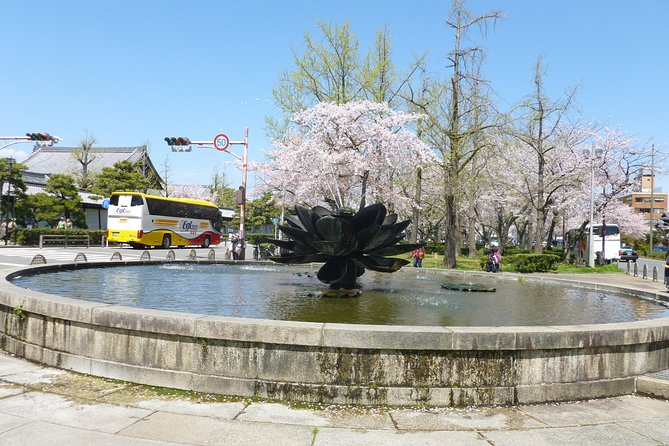
Buddhism continues to play a significant role in shaping the values and beliefs of individuals within modern society. In Buddhism today, the concept of mindful living has gained traction, emphasizing the importance of being present in every moment and cultivating awareness in daily activities. This philosophy has resonated with many in modern society who seek ways to combat stress, anxiety, and the fast-paced nature of contemporary life.
Through practices such as meditation, mindfulness, and compassion, Buddhism offers practical tools that you can incorporate into their lives to promote well-being and inner peace. By integrating these ancient teachings into their daily routines, many people have found a sense of balance and harmony amidst the challenges of the modern world.
Common questions
Are There Any Age Restrictions for Participating in the Private Tour/Activity With Brian Victoria?
Age restrictions or participation regulations are not specified for the private tour/activity with Brian Victoria. Most travelers can participate, but it’s advisable to check the booking details for any specific requirements before confirming participation.
Is There a Dress Code or Any Specific Attire Recommended for the Tour/Activity?
For the tour/activity, participants are encouraged to wear comfortable clothing respecting cultural sensitivity. There’s no strict dress code, but opting for respectful attire or traditional fashion will enhance the experience. Dress comfortably and with cultural awareness.
Can Participants Bring Their Own Food or Drinks During the Tour/Activity?
Participants are welcome to bring snacks and beverages during the tour/activity. It’s a great way to stay refreshed and energized while exploring. Just remember to dispose of any waste responsibly to help keep the area clean.
Will There Be Opportunities for Photography or Video Recording During the Experience?
Opportunities for photography and video recording are available during the experience. Participants can capture memorable moments to cherish. The activity provides a chance to document the journey and create lasting visual memories.
Are There Any Specific Items or Equipment That Participants Are Recommended to Bring for the Tour/Activity?
Participants on the tour/activity are recommended to bring essentials such as comfortable clothing, sturdy footwear, sunscreen, a hat, and a reusable water bottle. These accessories are crucial for a pleasant and safe experience.
The Sum Up

To sum it up, ‘Living Buddhism’ offers a glimpse into the transformative power of mindfulness, compassion, and wisdom in everyday life.
Through meditation, ethical conduct, and a deep connection to the teachings of the Buddha, you can find inner peace, resilience, and a sense of purpose in navigating the complexities of modern society.
By embodying the core beliefs and practices of Buddhism, practitioners can cultivate a profound connection to themselves and the world around them.



